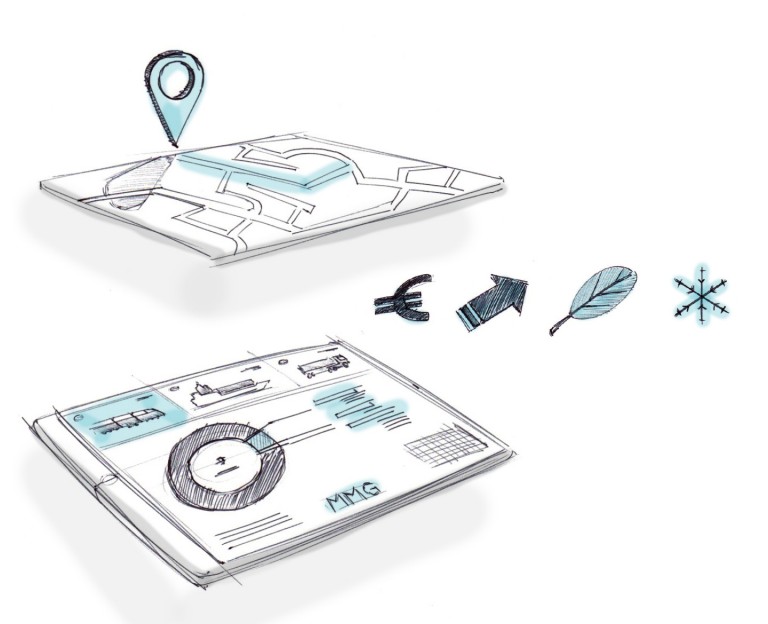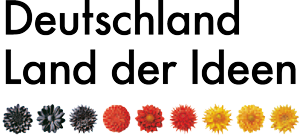Data-based multimodal logistics
The idea: Via a digital platform, freight-transport agents can plan and book multimodal routes independent of modes of transport.
Dr. Fabian Deitelhoff, Dortmund

The Idea
Multimodal mobility has most often been thought of within the framework of passenger transport. But due to transport volume, a cross-modal mobility approach would have great potential, particularly in freight transportation. Thanks to networked data, this potential can be leveraged to facilitate multimodal route-planning and the provision of available freight space.
This is where the planned digital platform Multi Mobility Goods (MMG) comes in. It links all players in the freight industry to ensure smooth processes and optimal operations. First, all modes of transport must register on the platform to make their availability transparent. At the same time, all transportation routes are stored in the platform to provide companies with an overview of available routes.
The advantages: Platform users can use the multimodal route-planner to calculate and book routes independent of transport modes. At the same time, the platform makes apparent which freight-space sizes and capacities are available on route from A to B, which may be taken into account and subsequently booked.
With MMG, companies will be able to better plan and select routes, with preferences such as price, speed, climate friendliness and any necessary refrigeration-chains. Freight-space capacities, also visible over the platform, enable the realisation of a digital marketplace and increased utilisation of transport companies’ capacities, which also reduces costs.
Looking ahead, the platform could be supplemented with machine-to-machine communication. This M2M principle allows companies to exchange information automatically via digital-communication channels, sans human actors.


